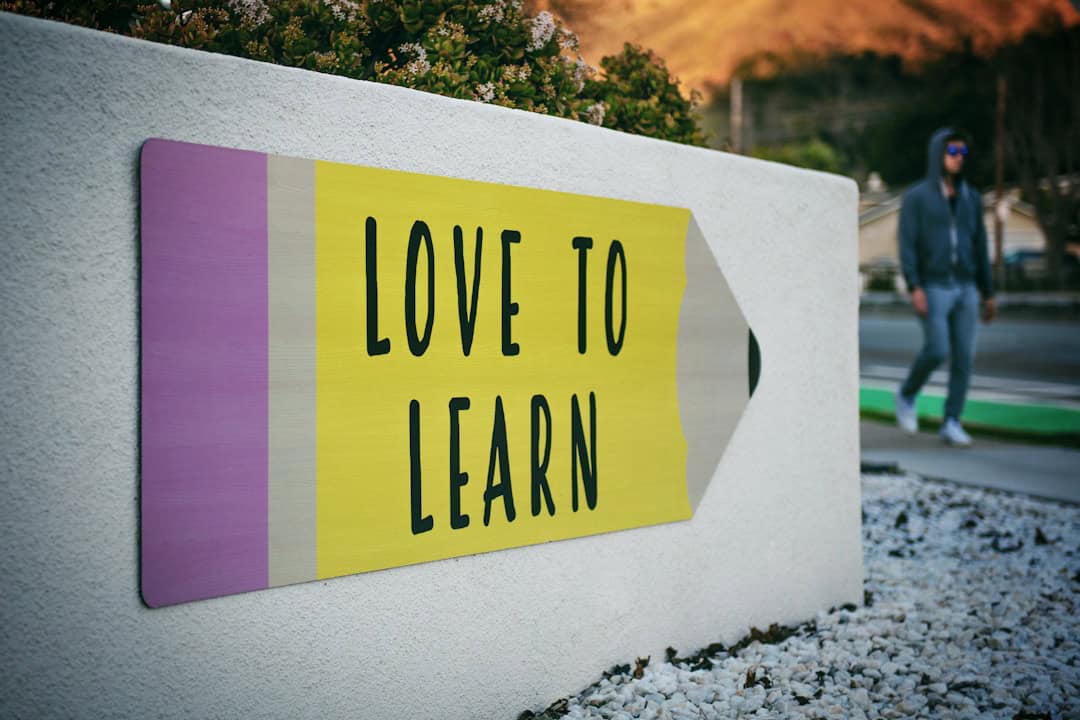Tips for Becoming a Curriculum Facilitator
A curriculum facilitator holds a pivotal role in the realm of education, acting as a bridge between teaching materials, educators, and educational standards. This position requires a unique blend of expertise, creativity, and leadership to effectively oversee curricular operations and promote student success. If you’re aspiring to excel in this dynamic field, you’ll need to become adept at managing curriculum design, implementation, and evaluation. Below, you’ll find comprehensive strategies aimed at cultivating the essential skills and knowledge required to thrive as a curriculum facilitator.
Continuing Professional Development for Curriculum Facilitators

For curriculum facilitators to remain effective in their role, continuous professional development is necessary. Engaging in ongoing education and training helps keep them current on the latest educational trends, teaching methods, and technological advancements. Such learning opportunities can be found through professional organizations, workshops, and conferences.
Advanced academic pursuits, such as pursuing a masters in curriculum and instruction, can also provide the depth of knowledge and expertise required for this complex role. Formal education in this field enriches a facilitator’s understanding of educational theory, instructional design, and assessment strategies, contributing to more effective curriculum development.
The practice of reflective teaching is another aspect of professional development. Facilitators should take time to reflect on their successes and challenges within curriculum work. This self-assessment allows for personal and professional growth by identifying areas for potential improvement in their practice.
Essential Skills for Effective Curriculum Facilitation
To effectively manage and guide a school’s curriculum, a facilitator must hone a specific set of skills. Leadership and vision are at the forefront, as they need to inspire educators and align curricular changes with the institution’s overall objectives. A clear strategic direction helps in rallying the staff around shared educational goals.
Another critical skill is the ability to analyze and evaluate educational resources and student performance data. This analytic mindset allows the curriculum facilitator to identify gaps in the current setup and seek ways to address them. It’s about making informed decisions that will benefit the educational process as a whole.
Problem-solving skills are also intrinsic to the role. Curriculum facilitators will face myriad challenges, ranging from resistance to change among staff to constraints in budget and resources. A resourceful approach, coupled with the ability to innovate and adapt, ensures that these issues do not hinder curriculum development or execution.
Steps to Collaborate With Educators and Stakeholders

Collaboration is at the heart of effective curriculum facilitation. To begin, establish open lines of communication with educators, inviting them to share their insights and experiences. This inclusive approach ensures that curriculum development is informed by those who will implement it daily. It also empowers teachers and fosters a sense of ownership over the curricular changes.
Engaging with stakeholders, including parents, administrators, and community members, is equally important. By incorporating their perspectives, a curriculum facilitator can ensure that the learning materials and strategies resonate with the community’s values and expectations. Full stakeholder engagement also paves the way for comprehensive support for educational initiatives.
Organizing professional learning communities within the school can further enhance cooperation. These groups facilitate regular discussions on instructional practices, curriculum standards, and student learning outcomes. Additionally, they provide a platform for shared problem-solving and innovation, driving continuous improvement in teaching and learning.
Altogether, becoming a successful curriculum facilitator requires a comprehensive understanding of educational systems, mastery of specific skills, and the ability to work collaboratively with all parties involved. Through ongoing professional development and a commitment to data-informed decision-making, curriculum facilitators can impact student achievement and contribute to the evolution of educational standards. Overall, it is a role that calls for dedication, innovation, and an unwavering focus on the ultimate goal of education: student success.

